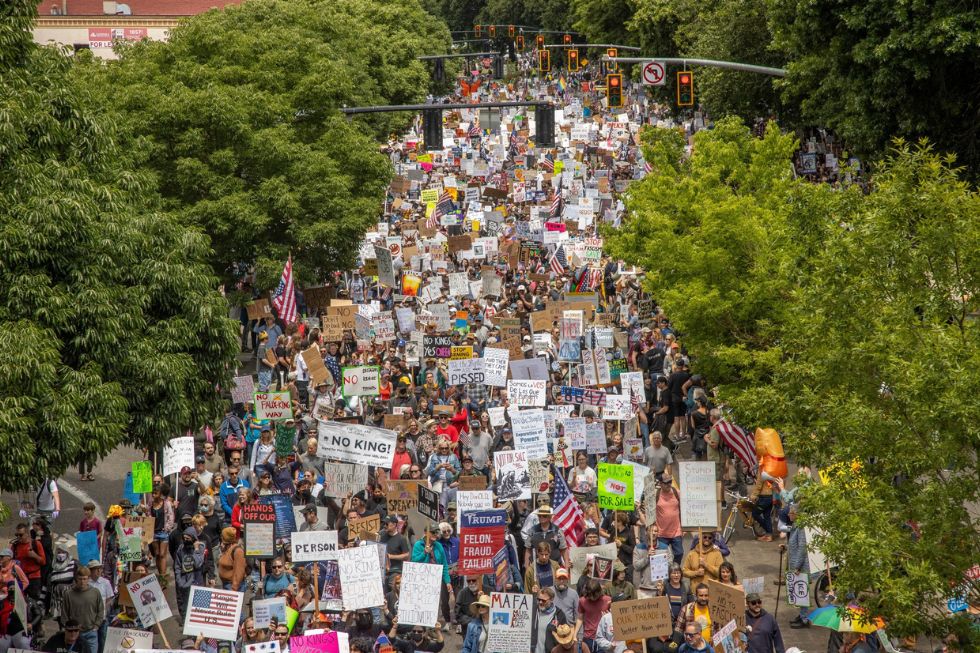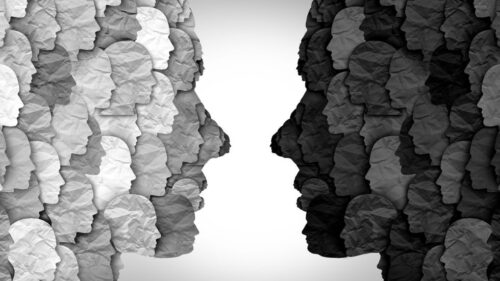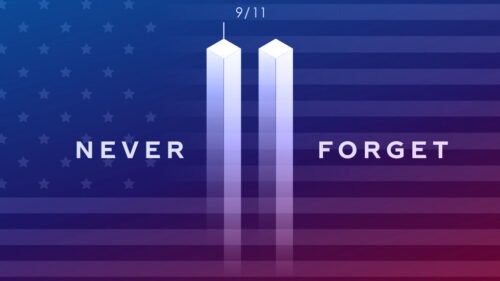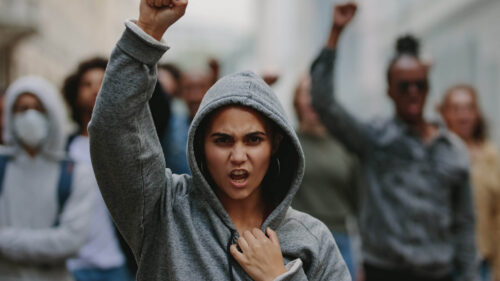Two nights ago, across my family dinner table, my uncle asked me, “Why isn’t your generation more enraged about the assaults on our democracy?” I was immediately taken back to my experience at a protest one Saturday this spring, where I stood, shivering, shifting from one foot to the other, listening to one of the speakers repeatedly exhorting the crowd to “wake up.” While I braced against the cold and was yelled at for not doing enough, I felt exhausted by the constant push to do more and empathized with the speaker’s sentiment.
I have spent an enormous amount of time organizing for social justice in high school with The Sunrise Movement and now in college with Mi Familia Vota. For months, I had been asking myself: Are my peers blind to what is happening to our society, to our world? Do they not care? Where are the youth in this moment, and why aren’t we fighting for the democracy and civil rights we have recently learned from our social studies textbooks? And why, at the protest, could I only spot a few of my peers’ faces in the crowd of thousands of people?
A constant deluge of threats
The truth is, my generation has been facing the threat of climate change since we were old enough to learn about the weather. COVID-19 completely uprooted our lives, sending us home from school without warning, trapping us inside for what ended up being close to a year and a half. We have been raised alongside news alerts constantly buzzing in our pockets, informing us of the latest deadly storm, shooting or war.
Throughout our teenage years, my peers and I participated in at least three school strikes a year, streaming out of our classrooms to make ourselves seen and heard as we told the world that our education was worthless if a shooting could steal away our futures or climate change was expected to upend the very earth that sustains us.
Considering that our planet, safety and health are already in states of emergency, added threats to our democracy and our rights are merely another item on a long list. Although this past November was my first time voting in a presidential election, it’s clear to me that the Trump administration’s actions are unprecedented.
It is not that my generation does not believe that our healthcare, universities, the rule of law, freedom of speech and the right to assemble are seriously threatened. It is not that we don’t understand that this is once again an emergency. It is that life-altering threats and unprecedented times are not novel to us. Crisis is another word for normal.
Adapting to a world in crisis
Every day, I go through my email and sort through dozens of calls to action with subject lines such as: “Dangerous Article V Convention: An Unprecedented Event;” “The US House Voted to ‘Defund’ Planned Parenthood;” “‘Theft’: GOP Approves Largest Medicaid, SNAP Cuts in US History.” This spring, I would skim through each email to sign petitions, customize email action alerts and sometimes even make phone calls, leaving my representatives awkward voicemails that I hoped would count for something.
Now, I feel a knot in my stomach as I send most of these emails straight to the trash. For every petition I sign, I end up being subscribed to new organizations’ lists. I have become increasingly aware that, as one person, I can’t do it all. There will always be emergencies that I am actively turning a blind eye to.
I don’t blame my friends who check out and decide to ski or sleep in or have a nice brunch rather than attend the Saturday protest. Continuing to live life and find joy even under catastrophe is part of being human, a survival skill that my generation had to learn from a young age.
It is impossible for each individual to meet every crisis at the level of its immensity. This will only lead to burnout and eventually a general sense of apathy. Simultaneously, the prospect of each individual turning a blind eye completely to the crises of our times is itself catastrophic. We must somehow find a way to strike a balance.
Finding communal resilience
This balance can only be realized when we understand that being aware of and vocal about the crises that threaten our lives and futures does not prevent us from finding joy in the present. Joy, love and hope are themselves forms of resistance. Not the “resistance” preached by self-care books and Instagram accounts that claim all the world’s problems will be solved if we each find peace by looking inside and focusing on ourselves. We are not living in times of peace, and the expectation of individual well-being without communal support only adds to my generation’s confusion and isolation.
As youth, we first have to permit ourselves to fully feel the frustration that comes with a sense of loss for what to do during these times. We must understand that these emotions are normal in facing an unprecedented amount of inconceivable circumstances. Only when we accept these emotions can we open up to those around us and realize we don’t have to hold the weight of the world alone.
The act of sharing our anger, joy and honesty will naturally lead to collective support, healing and mobilization. I have found this through working with the Mi Familia Vota team. Together, we not only promote the health, safety and prosperity of Latino communities, but also organize individuals to unite in shaping a society that works in their best interests.
Just as we cannot all be doctors, engineers, teachers and scientists at once, we cannot find all the answers to these times inside ourselves. We must take action together and allow ourselves to feel fulfilled by our contributions to communal resiliency.
[Natalie Sorlie edited this piece.]
The views expressed in this article are the author’s own and do not necessarily reflect Fair Observer’s editorial policy.
Support Fair Observer
We rely on your support for our independence, diversity and quality.
For more than 10 years, Fair Observer has been free, fair and independent. No billionaire owns us, no advertisers control us. We are a reader-supported nonprofit. Unlike many other publications, we keep our content free for readers regardless of where they live or whether they can afford to pay. We have no paywalls and no ads.
In the post-truth era of fake news, echo chambers and filter bubbles, we publish a plurality of perspectives from around the world. Anyone can publish with us, but everyone goes through a rigorous editorial process. So, you get fact-checked, well-reasoned content instead of noise.
We publish 3,000+ voices from 90+ countries. We also conduct education and training programs
on subjects ranging from digital media and journalism to writing and critical thinking. This
doesn’t come cheap. Servers, editors, trainers and web developers cost
money.
Please consider supporting us on a regular basis as a recurring donor or a
sustaining member.
Will you support FO’s journalism?
We rely on your support for our independence, diversity and quality.











Comment